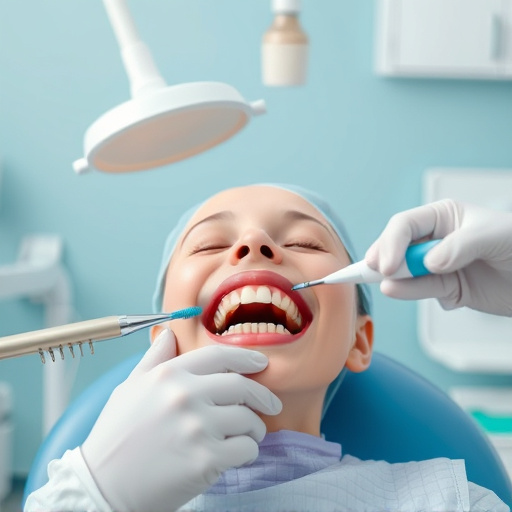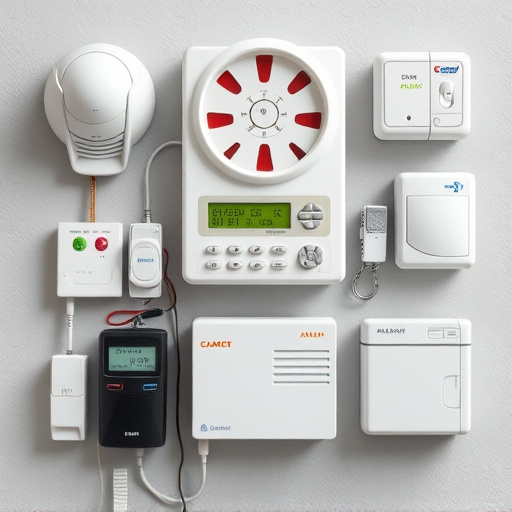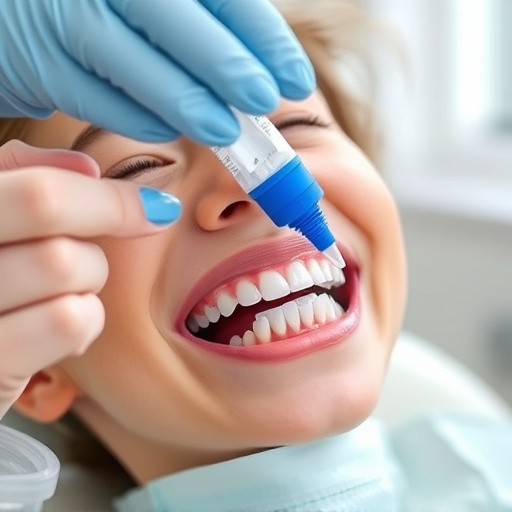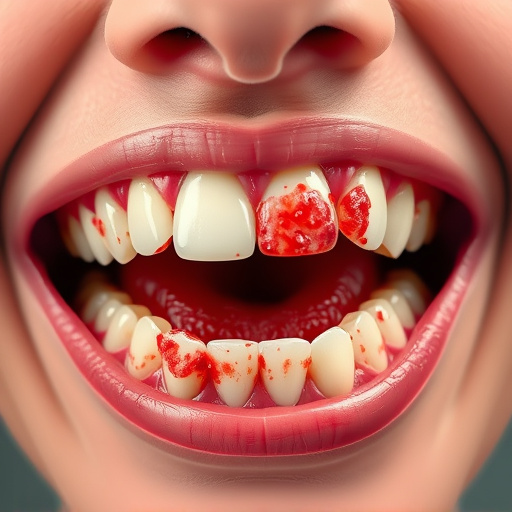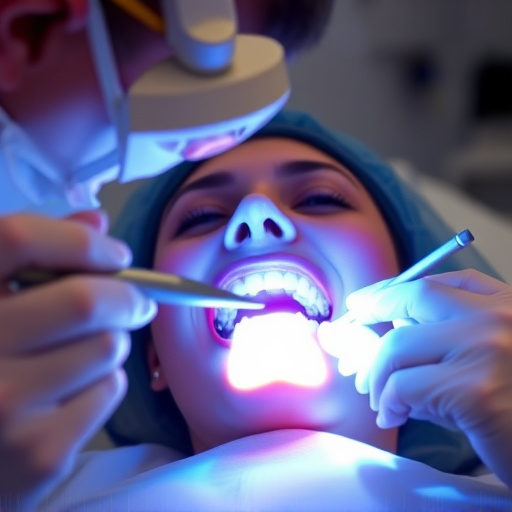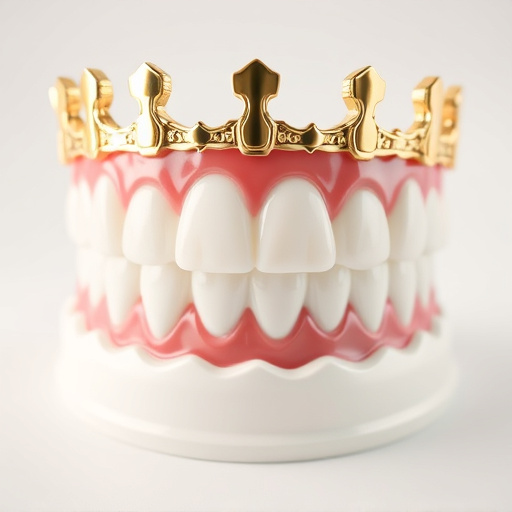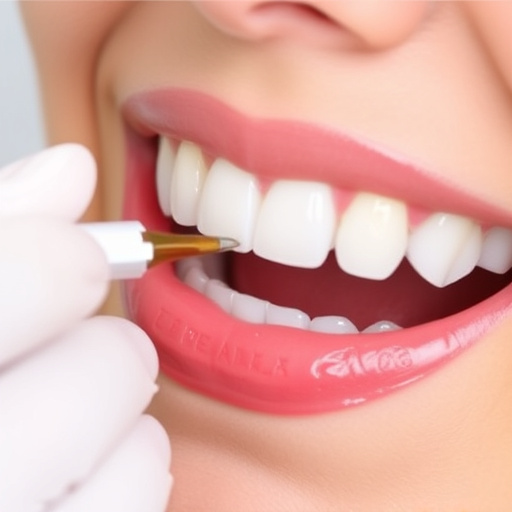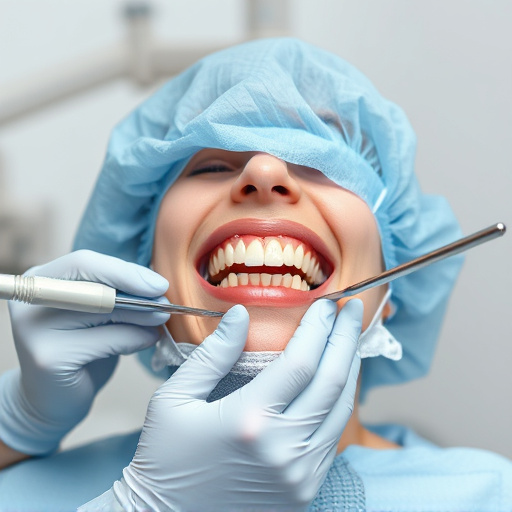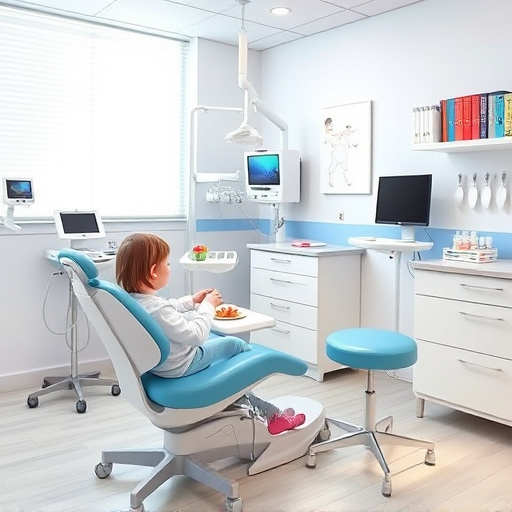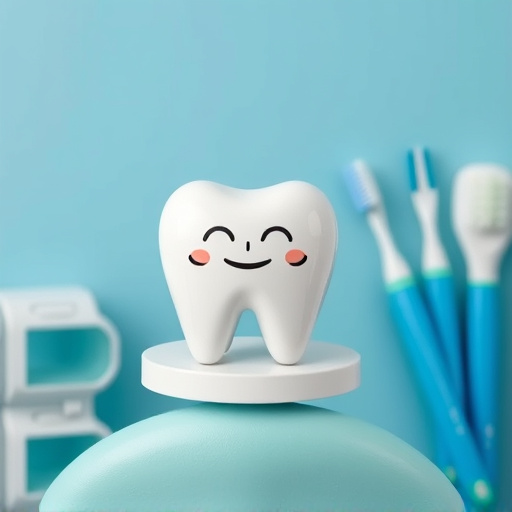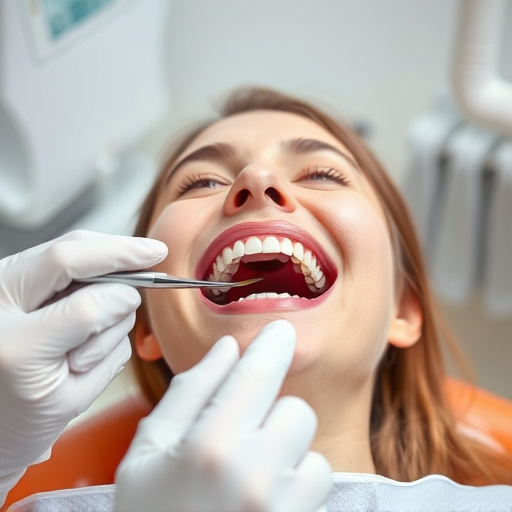Abscesses and infections require immediate emergency dental care, addressing symptoms like pain, swelling, and bad breath. Untreated issues can lead to bone loss and damage. Essential treatments include bonding, fillings, extractions, drainage, root canal, and antibiotics. Regular cleanings and exams prevent severe pain and maintain overall dental health.
Emergency dental care is often a last resort, but it can be a lifesaver. Recognizing the signs of a dental abscess or infection—pain, swelling, fever—is crucial. Delayed treatment can lead to severe complications. This article explores why immediate action is essential and delves into the benefits of prompt emergency dental care intervention. We’ll also discuss effective treatment options available for alleviating pain and restoring oral health.
- Recognizing Abscesses and Infections: Signs and Symptoms
- Benefits of Prompt Emergency Dental Care Intervention
- Effective Treatment Options for Dental Abscesses and Infections
Recognizing Abscesses and Infections: Signs and Symptoms

Abscesses and infections can be severe dental issues that require immediate attention. Recognizing the signs and symptoms is crucial for prompt action. One of the most common indicators is persistent pain, often accompanied by swelling in the affected area. This discomfort may worsen when chewing or biting and could radiate to nearby areas. Additionally, a foul taste or bad breath might persist despite proper oral hygiene practices.
Other symptoms include a tender, red, or warm gum line surrounding the infected tooth. In some cases, patients may experience fever, nausea, or lymph node tenderness. If left untreated, abscesses can lead to more serious complications, such as bone loss or damage to nearby teeth. Prompt emergency dental care is essential to prevent these issues, and treatments like dental bonding, fillings, or even tooth extractions might be necessary to restore oral health.
Benefits of Prompt Emergency Dental Care Intervention
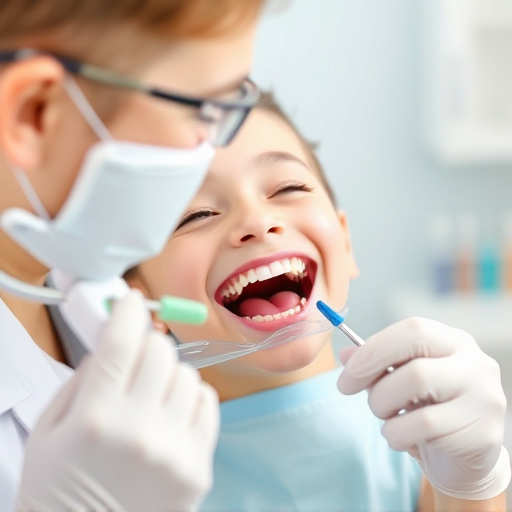
Prompt emergency dental care intervention is a game-changer when it comes to managing abscesses and infections. These urgent situations often require immediate attention to prevent further complications and preserve oral health. One of the key benefits is that it can help mitigate severe pain and discomfort, allowing patients to regain their quality of life. By addressing the issue swiftly, emergency dental care ensures that the infection does not spread to other parts of the mouth or body, which could lead to more serious health problems.
Additionally, regular visits for emergency dental care can also serve as a preventative measure. Dental cleanings and routine oral exams play a vital role in identifying potential issues early on. General dentistry practices emphasize the importance of these check-ups, which can detect abscesses or infections before they become severe. This proactive approach not only saves patients from acute pain but also helps maintain overall dental health and well-being.
Effective Treatment Options for Dental Abscesses and Infections

When it comes to dental abscesses and infections, prompt and effective treatment is paramount for maintaining overall health. Emergency dental care plays a crucial role in addressing these urgent issues. One of the primary goals is to drain the abscess, which can be done through various procedures like incisions or root canal therapy, depending on the severity. During an emergency visit, dentists can also prescribe antibiotics to combat the infection and prevent its spread.
Additionally, regular oral hygiene practices such as thorough teeth cleaning and routine oral exams are essential in preventing and managing dental abscesses. These preventive measures help identify potential issues early on, allowing for timely treatment and reducing the risk of severe infections.
Emergency dental care plays a pivotal role in managing dental abscesses and infections, offering prompt relief and preventing further complications. By recognizing the signs and symptoms early on, individuals can seek timely intervention, which is key to effective treatment. Effective treatments range from drainages and antibiotics to advanced procedures, ensuring patients receive the best possible care. Prioritizing emergency dental care ensures not just the health of your teeth but also your overall well-being.


